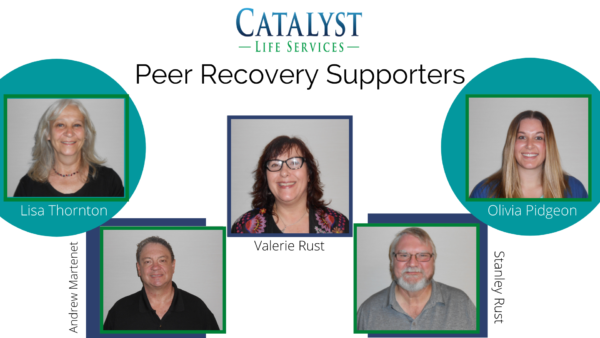
Peer Recovery Supporters are individuals who have been in recovery for a number of years and have been certified to help support others who struggle with addiction.
Their perspective and support is so unique because they have all personally struggled with substance use and have found freedom, healing and strength on their road to recovery. Our amazing Peer Supporters share what helped them the most in the early stages of their own recovery.

“Discovering sober hobbies was super important early in recovery for me. I honestly had nothing I liked to do aside from getting high. I had to let go of all of my friends because they were still using so I had a ton of free time. I found that I had a huge interest for art and painting (and was actually pretty decent at it). Painting became my escape when I felt triggered or stuck in my own head. I think it is all about stepping out of yourself and your comfort zone to find ones true potential.”
-Olivia Pidgeon
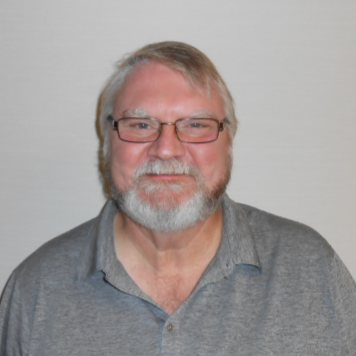
“At that time many things in my life were in disarray. My faith in Jesus Christ gave me the strength to make it through those hard times. Following Christ means humbling yourself, KNOWING His word and trusting that all things work for good for those who love and follow Him. For me, Christ is still a constant in a world filled with uncertainty. This life is a journey, not a destination. To be healthy it is necessary to continue to learn and grow as you pass through the different seasons of your life.”
-Stanley Rust
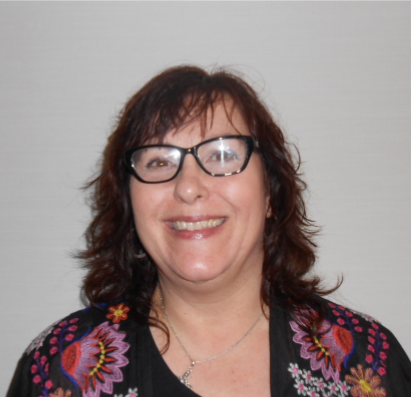
“What was important to me in early recovery was my on-going and deepening relationship with God. I had many around me offer me tools to help with my recovery but without a firm foundation on which to stand, I could not have used those tools effectively. God’s complete and absolute love for me and the knowledge of His grace gave me that foundation.”
-Valerie Rust
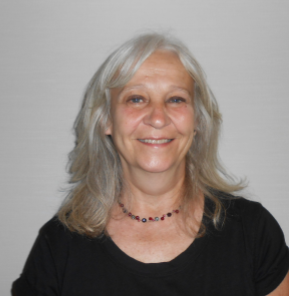
“In early recovery when I attended AA meetings, I felt as if the leads would jump from their addiction stories to their life now. I remember sitting there thinking (but how did you get from there to here). I really wanted someone to talk about how to get through what I was going through at the time. It was crucial to me to hear words of hope that I could get better if I followed through with the program. Bonding with people in my recovery group was helpful, because it kinda became our struggle, and not just mine. We actually started to care about each other’s recovery as well as our own. Another important piece was staying away from using friends. I tried for awhile to keep the same friends, go the same places, and do the same things, without getting drunk. Well that didn’t last long. All of that had to change as well. As my anxiety increased I really felt the need to reach out to a God I had known about my whole life, but never surrendered to. As my relationship with My God began to grow, I began to have more hope. Finally, I was not alone, but had someone bigger than me who could handle all my struggles much better than I could.”
-Lisa Thornton
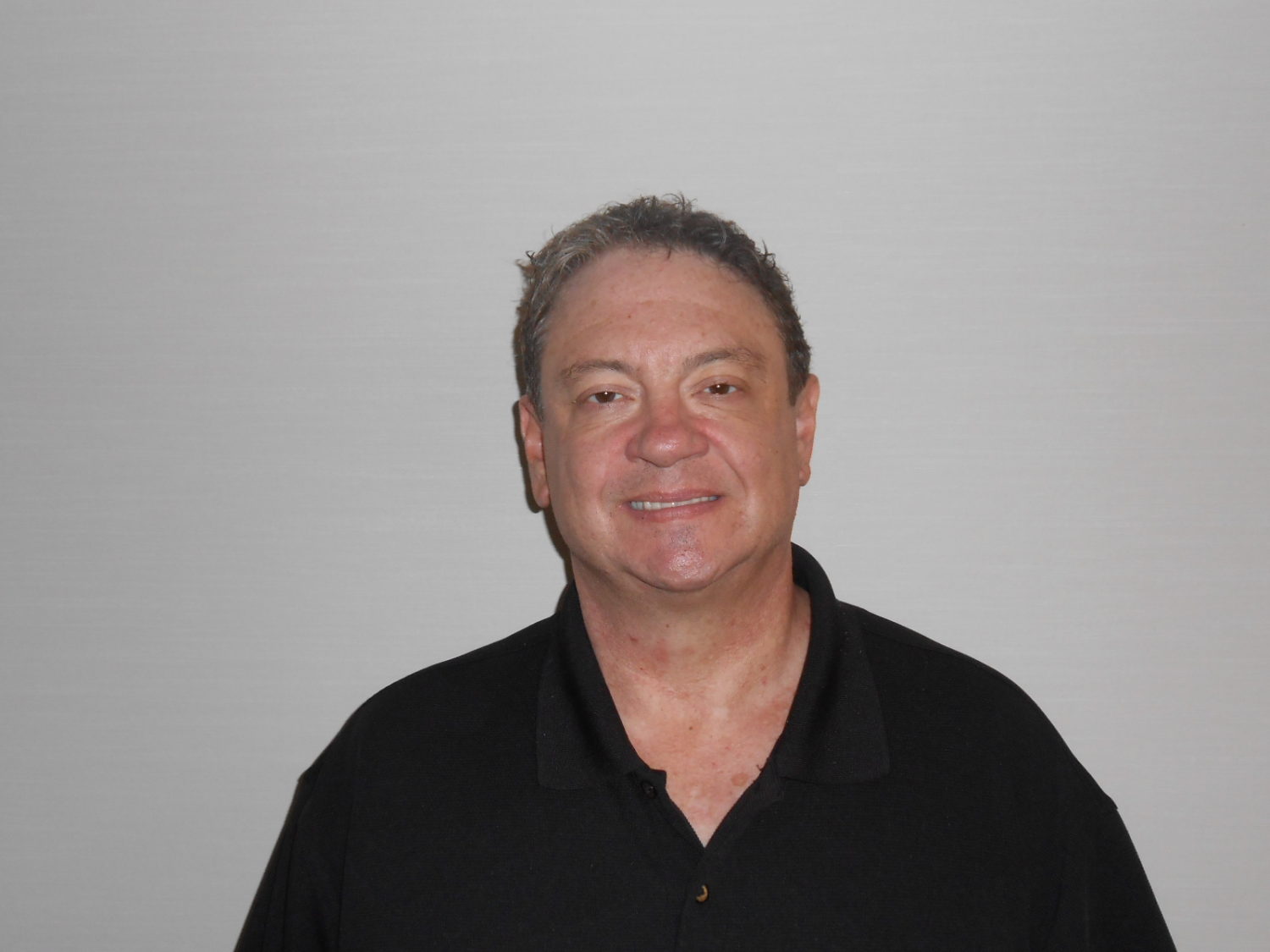
“I had tried many times to stop using my way and within 2 to 6 months I would say something like “If this is my life sober, I might as well get high”
Looking back, in the first 2 years of my recovery I:
- Changed my way of thinking to improve the quality of my life.
- I knew I had a problem, however, I had to accept that my way did not work and I would have to find a new way to live.
- I found people that had been successful in changing their life, that were willing to help me.
- I had to remember that years of reacting to life by getting high would take years to change. I was in no hurry to fix my life, progress in the right direction was good enough.
- Developed a new routine that enabled a new way to live
- My daily routine included hanging out with people that were in recovery, I attended IOP and or 12-step meetings every day.
- My routine was focused on adding new people, places and things. By adding new, the old just fell out of my life.
- Became aware of what I was thinking about and took action
- The hardest time for me was the time from when I got off work till I went to bed so I went to meetings and took long walks to keep me from feeling sorry for myself.
- I became aware of when I was dwelling on something in the past or the future and learned to accept what I could not change. I also learned the only thing I could change was how I reacted to life.” -Andrew Martenet
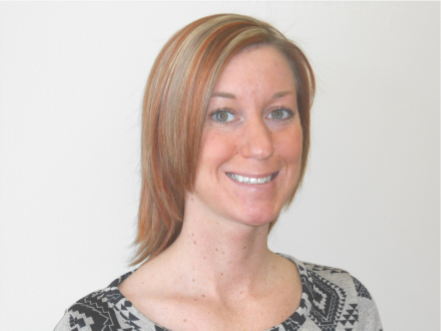
“Having the peers join our SUD team has made such a positive impact for our clients. We all have or will struggle at some point in life, and we all can find strength in the support of others and through positive connection. Peer recovery supporters being able to share their personal lived experience is key in their job and something I am not able to do as a clinician. To me the peer recovery supporters offer hope and guidance for clients. I work with many clients who have no sense of hope or self-esteem when initially coming into treatment. They feel lost and like recovery isn’t a realistic option for them. Peer recovery supporters offer the hope that recovery is possible and share how they personally have experienced the healing process and recovery from addiction. The peers offer motivation and support during trying times and celebrate the successes with clients as they come. Thank you for all that you do for clients and our agency!”
-Deanna Roberts, LSW, Supervisor of Peer Recovery Support
One thought on “Peer Recovery Supporters”
Comments are closed.